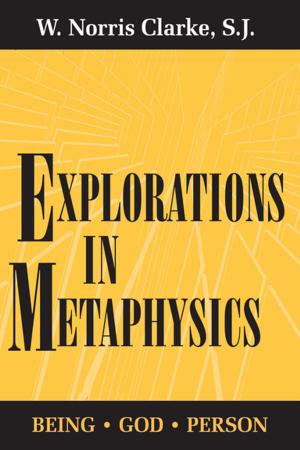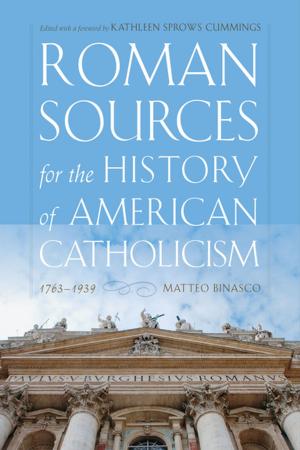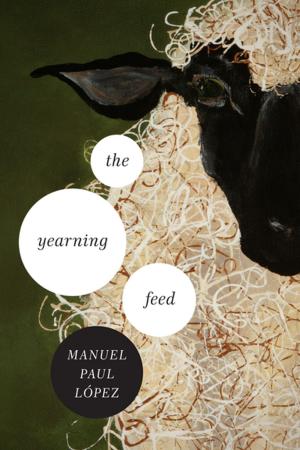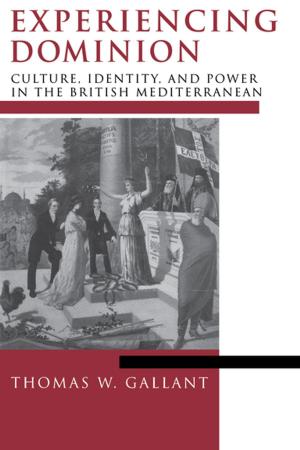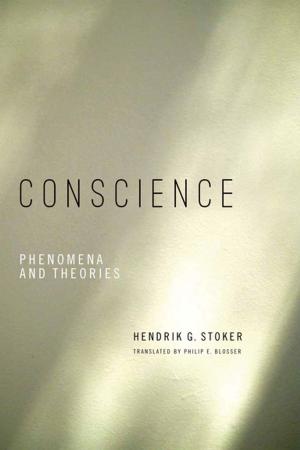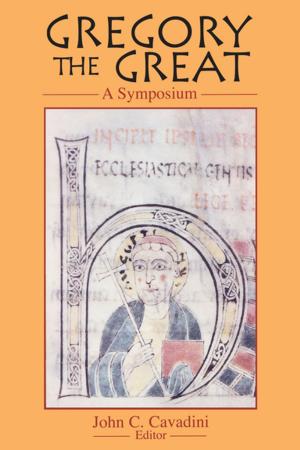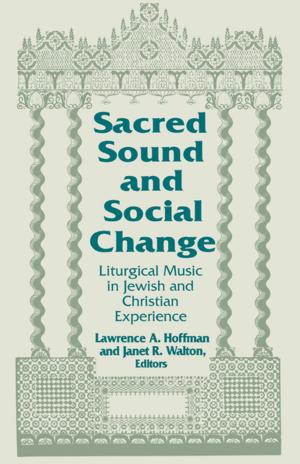Latinos in New York
Communities in Transition, Second Edition
Nonfiction, Social & Cultural Studies, Social Science, Cultural Studies, Emigration & Immigration, History, Americas, Mexico, Discrimination & Race Relations| Author: | ISBN: | 9780268101534 | |
| Publisher: | University of Notre Dame Press | Publication: | June 23, 2017 |
| Imprint: | University of Notre Dame Press | Language: | English |
| Author: | |
| ISBN: | 9780268101534 |
| Publisher: | University of Notre Dame Press |
| Publication: | June 23, 2017 |
| Imprint: | University of Notre Dame Press |
| Language: | English |
Significant changes in New York City's Latino community have occurred since the first edition of Latinos in New York: Communities in Transition was published in 1996. The Latino population in metropolitan New York has increased from 1.7 million in the 1990s to over 2.4 million, constituting a third of the population spread over five boroughs. Puerto Ricans remain the largest subgroup, followed by Dominicans and Mexicans; however, Puerto Ricans are no longer the majority of New York's Latinos as they were throughout most of the twentieth century.
Latinos in New York: Communities in Transition, second edition, is the most comprehensive reader available on the experience of New York City's diverse Latino population. The essays in Part I examine the historical and sociocultural context of Latinos in New York. Part II looks at the diversity comprising Latino New York. Contributors focus on specific national origin groups, including Ecuadorians, Colombians, and Central Americans, and examine the factors that prompted emigration from the country of origin, the socioeconomic status of the emigrants, the extent of transnational ties with the home country, and the immigrants' interaction with other Latino groups in New York. Essays in Part III focus on politics and policy issues affecting New York's Latinos. The book brings together leading social analysts and community advocates on the Latino experience to address issues that have been largely neglected in the literature on New York City. These include the role of race, culture and identity, health, the criminal justice system, the media, and higher education, subjects that require greater attention both from academic as well as policy perspectives.
Contributors: Sherrie Baver, Juan Cartagena, Javier Castaño, Ana María Díaz-Stevens, Angelo Falcón, Juan Flores, Gabriel Haslip-Viera, Ramona Hernández, Luz Yadira Herrera, Gilbert Marzán, Ed Morales, Pedro A. Noguera, Rosalía Reyes, Clara E. Rodríguez, José Ramón Sánchez, Walker Simon, Robert Courtney Smith, Andrés Torres, and Silvio Torres-Saillant.
Significant changes in New York City's Latino community have occurred since the first edition of Latinos in New York: Communities in Transition was published in 1996. The Latino population in metropolitan New York has increased from 1.7 million in the 1990s to over 2.4 million, constituting a third of the population spread over five boroughs. Puerto Ricans remain the largest subgroup, followed by Dominicans and Mexicans; however, Puerto Ricans are no longer the majority of New York's Latinos as they were throughout most of the twentieth century.
Latinos in New York: Communities in Transition, second edition, is the most comprehensive reader available on the experience of New York City's diverse Latino population. The essays in Part I examine the historical and sociocultural context of Latinos in New York. Part II looks at the diversity comprising Latino New York. Contributors focus on specific national origin groups, including Ecuadorians, Colombians, and Central Americans, and examine the factors that prompted emigration from the country of origin, the socioeconomic status of the emigrants, the extent of transnational ties with the home country, and the immigrants' interaction with other Latino groups in New York. Essays in Part III focus on politics and policy issues affecting New York's Latinos. The book brings together leading social analysts and community advocates on the Latino experience to address issues that have been largely neglected in the literature on New York City. These include the role of race, culture and identity, health, the criminal justice system, the media, and higher education, subjects that require greater attention both from academic as well as policy perspectives.
Contributors: Sherrie Baver, Juan Cartagena, Javier Castaño, Ana María Díaz-Stevens, Angelo Falcón, Juan Flores, Gabriel Haslip-Viera, Ramona Hernández, Luz Yadira Herrera, Gilbert Marzán, Ed Morales, Pedro A. Noguera, Rosalía Reyes, Clara E. Rodríguez, José Ramón Sánchez, Walker Simon, Robert Courtney Smith, Andrés Torres, and Silvio Torres-Saillant.

